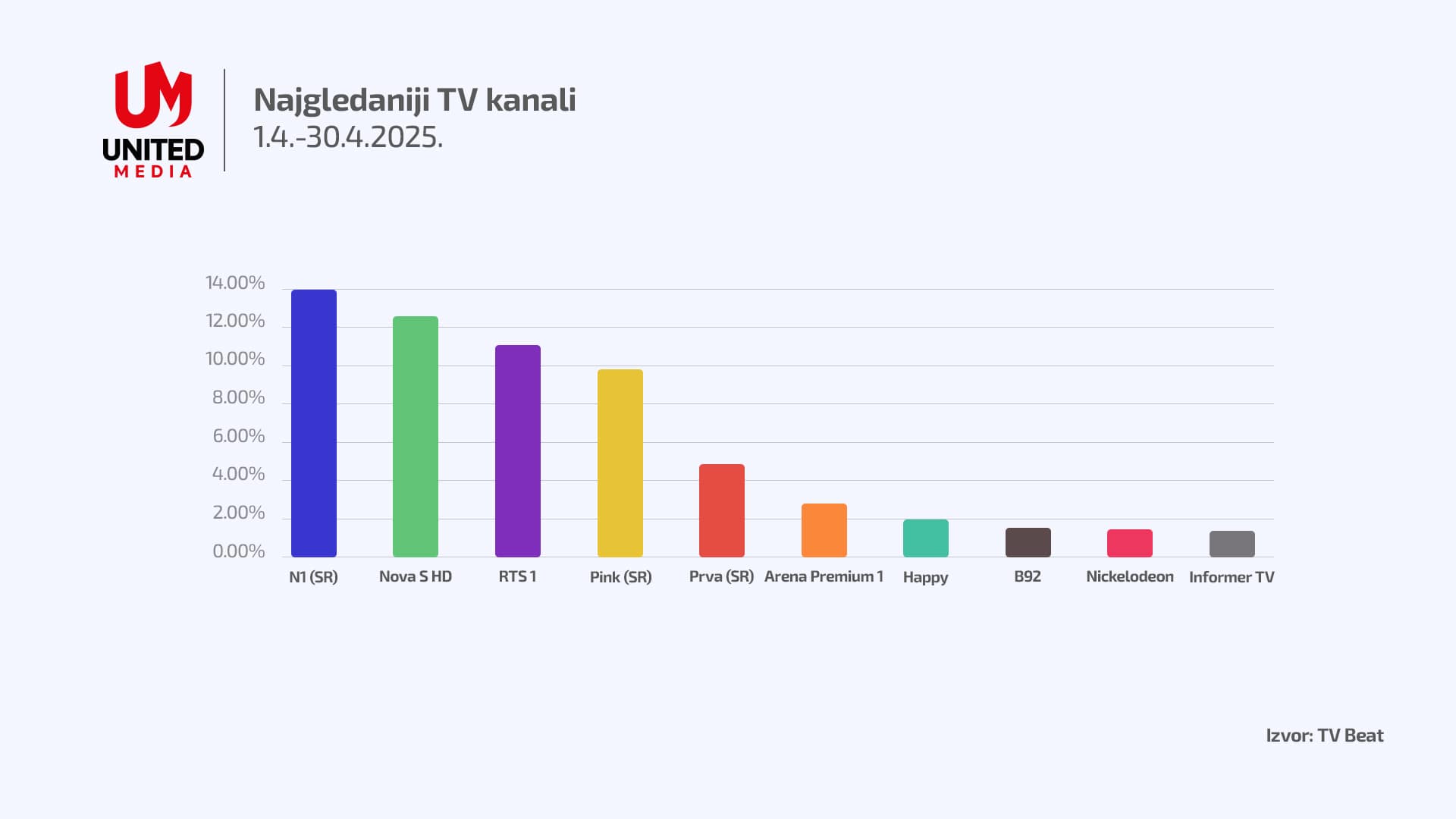Skype, ascent and decline of the first European big tech (which has stopped working since May 5)

The parable of the platform for free calls on the Internet. But if today a new Skype would be born would meet obstacles similar to twenty years ago: scarce funding, fragmented regulations and lack of investors. How to change course
On May 5, 2025 Skype He closed forever. To replace it will be Teams, the unified communication platform of the Big Tech Microsoft of Bill Gates. An inglorious end for the European society that marked the revolution of free intercontinental phone calls. One of the many examples of innovative technological companies born within the European Union and ended up in the hands of the American, Chinese or international investment funds, for the inability of the European system to enhance and grow startups and talents.
And unfortunately, in 25 years, nothing has changed. There are numerous cases of known groups and brands born in the « garage » of the old continent, which have been sold to non -European multinationals such as, just to make some examples, Supercellthe well -known Finnish video game developer such as Cash of Clans and Brawl Stars, detected by the Chinese of Tencent; the Greek app for the Ride Sharing Beat acquired by Uber Americans; The Italian e-commerce company for Yoox fashion, which ended under the Swiss Richemont holding in 2015.
The years of success: the year 2003 ran …
The story of Skype began in 2003 thanks to the two Scandinavian entrepreneurs, the Swedish Niklas Zennström and the Danish Janus Friisthat one day they put themselves in the head to make a great revolution: make telephone calls free, all over the world, for everyone. An idea that would radically change the panorama of global communications.
As he remembers Enrico NosedaChief Innovation Advisor of Cariplo Factorywhich in the past was Global Head of Product Business Development of Skype« In those years, the platform allowed millions of migrants, students and researchers to stay in touch with their families, eliminating the economic barriers of international calls. With its technology based on a system of peer to peerSkype managed to break down the costs of international calls, leading millions of users to use the service daily ».
Ascenda and decline of Skype
Therefore, Skype had been able to immediately breach the hearts of users: over ten thousand downloads on the first day, over 10 million users one year after the launch, beyond 660 million just a few years later, until you reach a market share of the 40% of the international calls of the planet. Skype was truly revolutionarybut despite continuously experimenting with new paid or accessible services in mode freemiumfor years the only source of constant revenue of Skype remained the rates applied on calls to fixed numbers and cell phones, to a fraction of the cost applied by traditional operators.
« In this context, it was precisely the decision to increase the costs and accelerate the growth of revenues that led, within a very short time, to the first difficulties – recalls Noseda, who worked in the company since 2006 as a general manager for Italy – the subsequent owners of the company have worked to transform a revolutionary product to exponentially growing into an immediate gain tool, without being able to enhance the huge technological advantage in the long term base accumulated on other competitors ».
The technological (and industrial) delay of Europe
Skype has gone from hand several times, looking for relaunch and new perspectives. Sold first to eBay In 2005, in the one that represented the greatest acquisition in the post « Dot-Com Bubble », then a Silverlake Partners, Index Ventures and AndreeSsen Horowitzin 2009, and finally a Microsoft In 2011 for 8.5 billion dollars, the company went to a continuous and irreversible decline.
In this melancholy epilogue there is a constant that immediately stands out in the eyes: the continuous, inexorable ASSIT Escape away from Europe. If he had remained « European », Skype could have reasonably aspired to become the first, true Big tech of the continentwith a significant impact on the times and methods of development of the entire ecosystem.
«If a new Skype was born today, he would probably meet the same obstacles twenty years ago – he explains again Noseda – Small and medium -sized European enterprises have yet to face enormous difficulties, such as limited access to funding, fragmented legislation and the scarcity of investors willing to bet on innovative startups ».
Even today Skype would find themselves operating in an incomplete single market, where the procedures for the establishment of the companies, the taxation and the methods of hiring the staff remain different from country and country, waiting for that « 28th regime»For European companies announced in the Competitiveness compass and many today look carefully. « The simplification of IPO processes, the birth of a European stock exchange for technology and scaleups, tax exemptions and incentives for cross -border investments, are all necessary steps so that a company of the Skype potential can, in the future, be born and root in Europe » He still adds Enrico Noseda of Cariplo Factory, who, among other things, is a member of the European Startup and Scaleup Forum, Initiative promoted by the European Commission precisely to strengthen the competitiveness of the European innovative ecosystem.
The ideas born in Europe and incorporated by the big American and Chinese
Over the past 25 years, Europe has seen some of the most innovative technological companies in the world, but many of them have been acquired by non -European giants. These acquisitions reveal the difficulties of the continent in maintaining and growing Big Tech own. In addition to Supercell (Finland), founded in 2010, which was purchased by Tencent (China) in 2016 for about 8.6 billion dollars, Arm (United Kingdom) can also be mentioned, founded in 1990, leader in the design of microprocessors, which was acquired by Softbank (Japan) in 2016 for 32 billion dollars. And again Beat (Greece), founded in 2011 as a ride-sharing platform, was acquired by Uber (USA) in 2017 for about 40 million dollars. Shazam (United Kingdom), founded in 1999, and known to allow the musical recognition of any song, was acquired by Apple (USA) in 2018 for 400 million dollars. There are also Italians by law or by conception such as Yoox (Italy), one of the main fashion e-commerce platforms, born in 2015, which was acquired by the Richemont group (Switzerland), for about 2.6 billion euros; Or the King Digital Entertainment, that of the Candy Crash Saga conceived by the Italian Riccardo Zacconi: Swedish company founded in 2003, based in London, was detected in 2016 by Activision Blizzard for 5.9 billion dollars.
READ ALSO
-
Expo Rhad 2030, how to do business in Saudi Arabia? « Here before selling you must be understood »
-
Will vegetable eggs replace chicken by the rated prices in the USA? Liquid and canned, what they are
-
Apple, will the apple really remain without supplies? The black year of Tim Cook
-
The Economy of Francesco, the Pope’s turning point for an economy that thinks of young people
-
Gold, new record: from January « pathological » rise of over 28%, what is happening




:format(webp)/s3/static.nrc.nl/images/gn4/stripped/data131701496-8839da.jpg)



